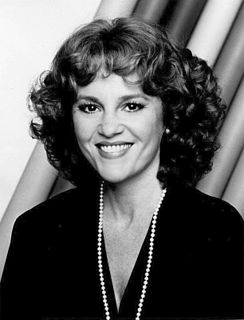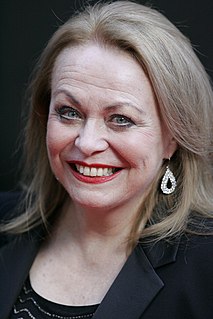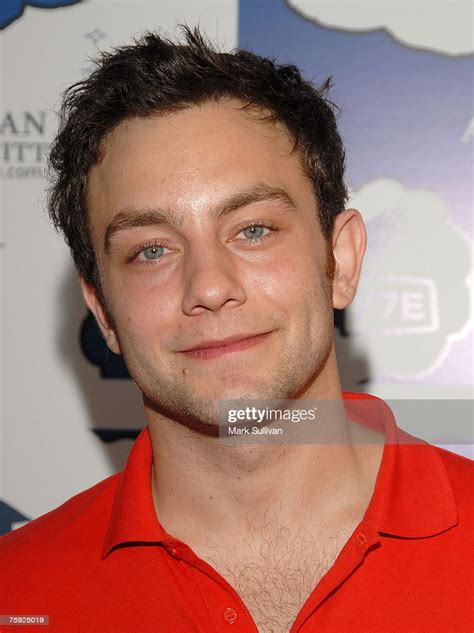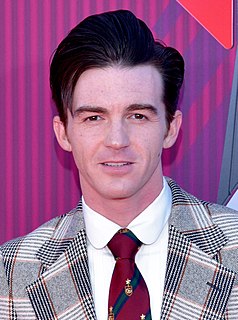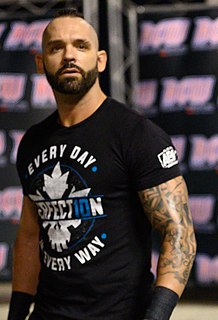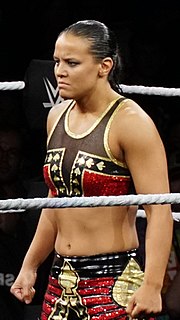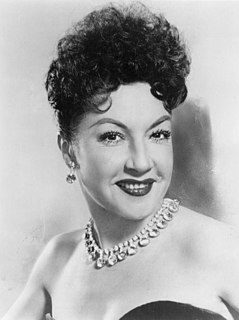A Quote by Madeline Kahn
I don't like to be my own audience, I find that being my own audience, being in the audience, makes me self-conscious, basically. So I tune in sometimes, with the sound off, to check it out and I back up to it. In the future I will look at it when some time has passed.
Related Quotes
The one thing that I love about the live audience is the energy level. Like, from the minute of cast introductions, it's just constant energy being traded back and forth. When you do something funny, the audience laughs; when you're being serious, you can, like, feel the tension going through the audience.
I always like to break out and address the audience. In 'The History Boys', for instance, without any ado, the boys will suddenly turn and talk to the audience and then go back into the action. I find it more adventurous doing it in prose than on the stage, but I like being able to make the reader suddenly sit up.
A playwright, especially a playwright whose work deals very directly with an audience, perhaps he should pay some attention to the nature of the audience response - not necessarily to learn anything about his craft, but as often as not merely to find out about the temper of the time, what is being tolerated, what is being permitted.
What I love most about playing in front of people has something to do with a certain kind of energy exchange. The attention and appreciation of my audience feeds back into my playing. It really seems as if there is a true and equal give and take between performer and listener, making me aware of how much I depend on my audience. And since the audience is different every night, the music being played will differ too. Every space I performed in has its own magic and spirit.
The live audience, just getting an instant reaction off of an audience is the best part[of the show]. Being in the studio and working on your songs and listening to them back and doing all that - it's a lot of fun, but having that instant reaction and being able to work and vibe with an audience is the best part.
If you're up there performing a song for the first time, it's as if you're hearing it through their ears. You become acutely self-conscious of the song in performance, so that's a good thing before recording. But I like to have some surprises for the audience; I don't want the audience to know everything that's going to be on the record, because these days, with the Internet, people become avid collectors of pre-knowledge.
